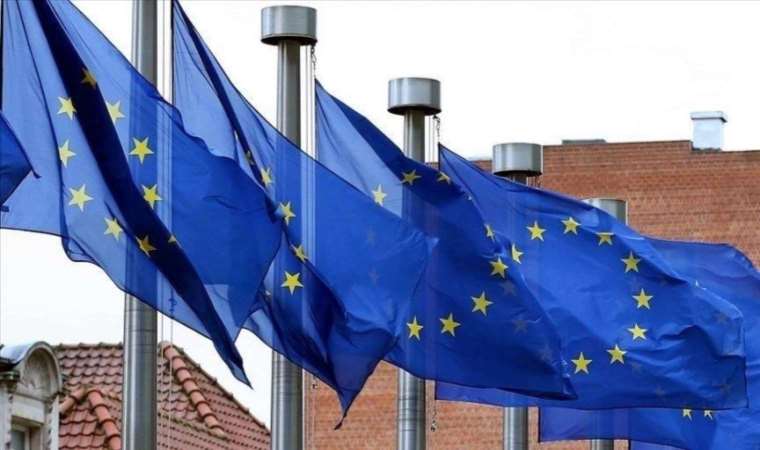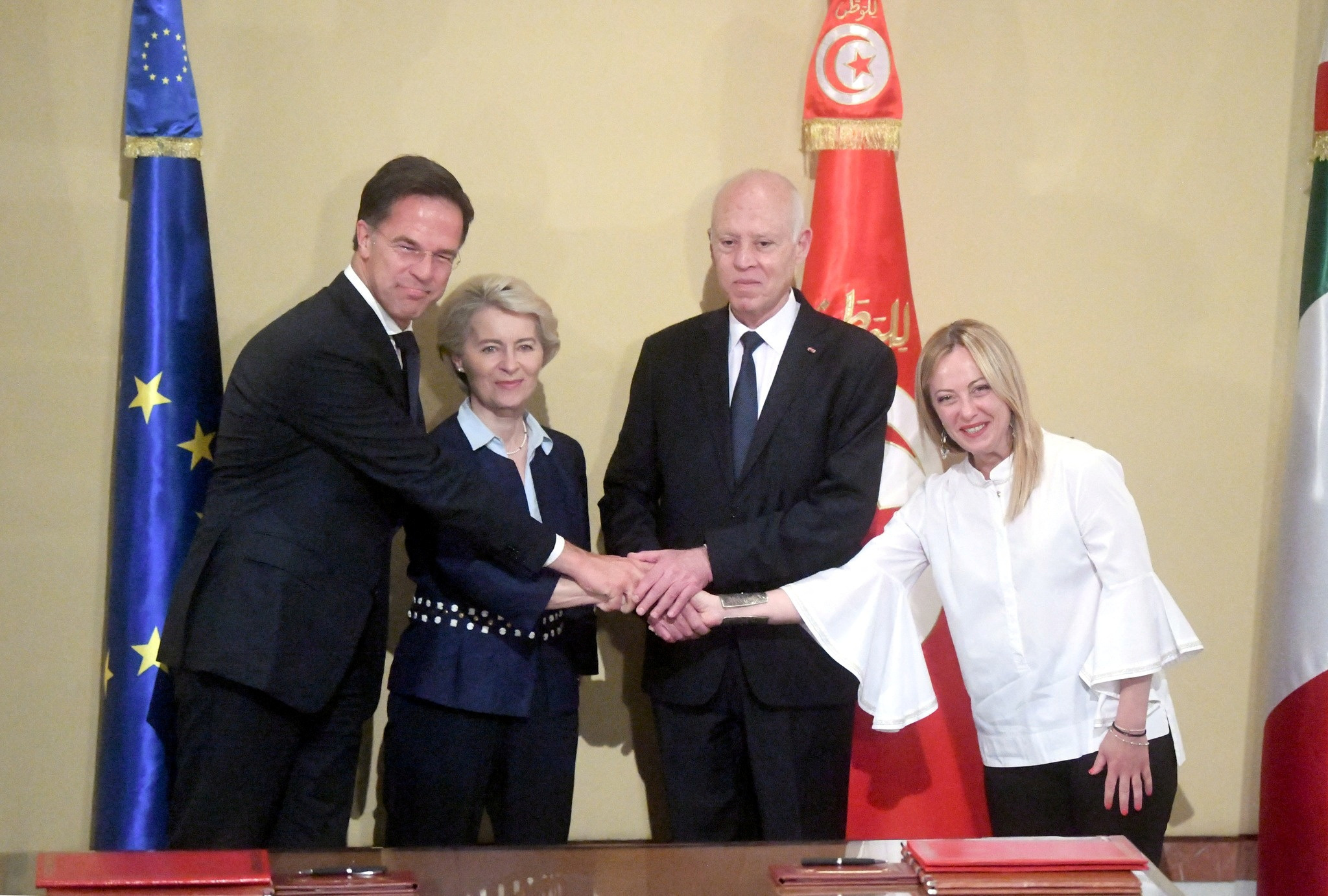Over 50 leaders from the European Union, Latin America, and the Caribbean are set to convene in Brussels for the EU-CELAC summit, marking their first meeting in eight years. The summit aims to strengthen political and economic alliances between the two regions, driven by the Ukraine war and concerns about China’s influence. While economic partnerships are eagerly anticipated, sensitive discussions surrounding Russia’s invasion of Ukraine and Europe’s historical role in the slave trade may complicate the talks. Nevertheless, officials emphasize that the meeting itself represents an important step towards closer ties.
EU’s Push for Condemning Russia Faces Challenges:
The EU intends to issue a joint declaration condemning Russia’s actions in Ukraine; however, achieving consensus among all CELAC countries will prove challenging. While most nations supported a UN resolution demanding a Russian troop withdrawal, Nicaragua voted against it, and Bolivia, Cuba, and El Salvador abstained. Brazilian President Luiz Inacio Lula da Silva emerges as a potential neutral mediator in this regard.
EU Aims to Diversify Allies and Reduce Reliance on China:
Amidst the Ukraine conflict and concerns over China’s dominance, the EU seeks to reduce its dependence on both nations. The EU wants to build alliances with “reliable partners” to expand trade opportunities and secure critical minerals for electric vehicles and the transition to a low-carbon economy. Recognizing China’s growing presence in Latin America, the EU hopes regular EU-CELAC summits can serve as a counterbalance to Beijing’s influence.
Trade Agreements and Infrastructure Investments in Focus:
The EU is pursuing various trade agreements and infrastructure investments with Latin American nations. The bloc is progressing with a trade agreement with Chile, the world’s largest copper producer and second-largest lithium producer, with expectations that it may take effect next year. Efforts are also underway to unlock trade deals with Mexico and the Mercosur bloc (Argentina, Brazil, Paraguay, and Uruguay), though significant breakthroughs during the summit are not anticipated. Additionally, the EU and Argentina will sign a memorandum of understanding on energy cooperation, while the EU’s Global Gateway initiative includes a planned investment of €10 billion ($11.2 billion) in CELAC infrastructure projects.
The EU-CELAC summit signifies a crucial reconnection between the European Union and Latin American and Caribbean nations after an eight-year hiatus. While challenges persist in achieving consensus on issues such as condemning Russia’s actions and addressing historical concerns, the meeting itself demonstrates a commitment to forging stronger ties. The EU’s efforts to diversify allies and reduce reliance on China are evident, as it seeks to secure new trade partnerships and invest in critical infrastructure projects.
















